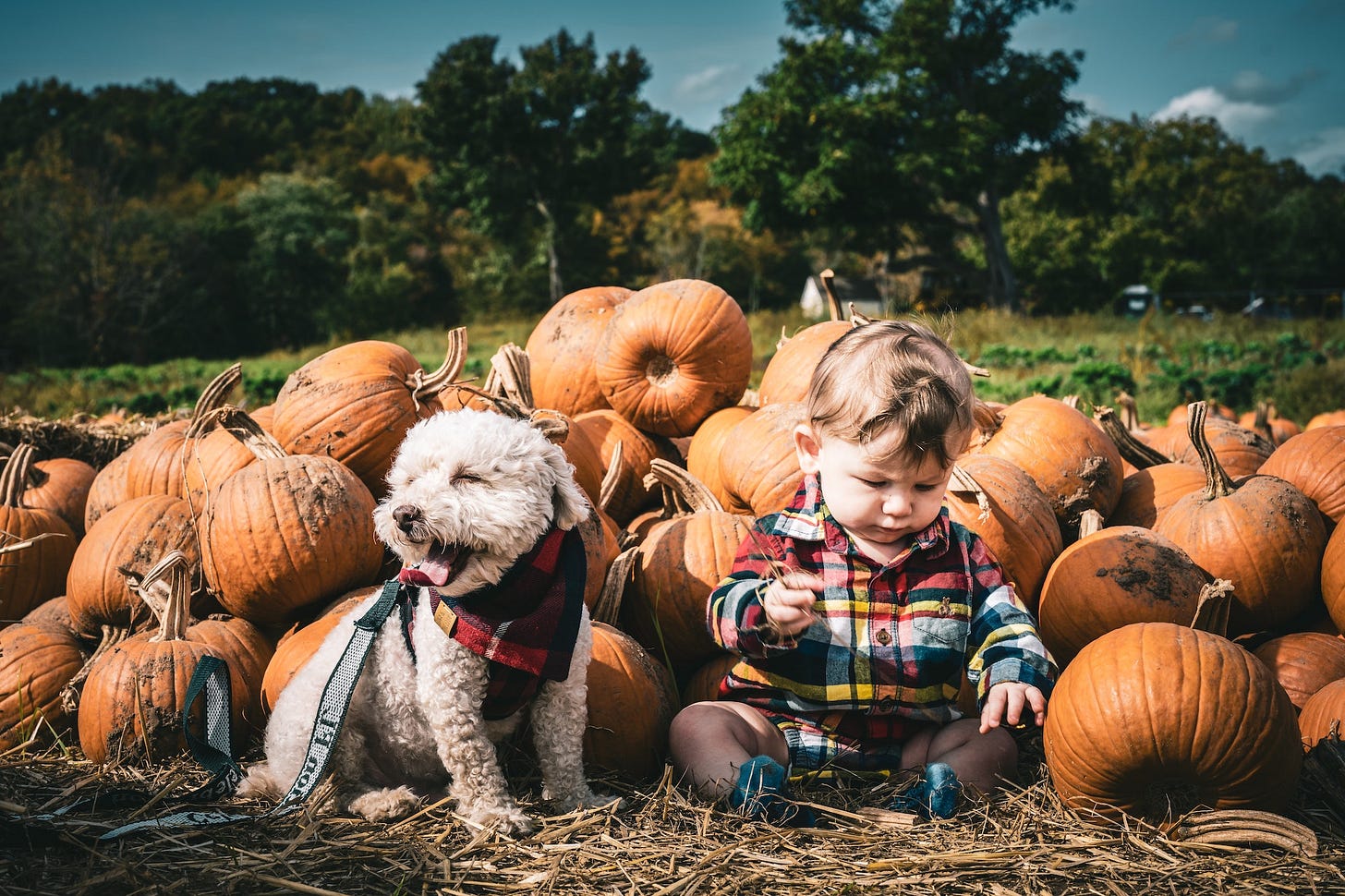Neurodiverse Families, What Are Your Tips to Get Ready for Halloween?
Until we can make trick-or-treating more inclusive, let's share our hacks for getting through spooky season with minimal meltdowns.
Between all the different issues that impact our kids, we have enough to deal with. Gatekeepers and external judgment seem extra hostile on Halloween. Let’s do something to make the lives of other neurodiverse families smoother this season.
BE SURE TO READ THE COMMENTS! I’ve shared tips received via email from tons of parents with great ideas that have worked well for them.
I found this rather strong-worded meme on Instagram and have posted it to my stories every day:
“Kids shouldn't have to carry blue candy buckets on Halloween to indicate autism. Kids don't have to wear some kind of indicator in order to get free candy. If a kid doesn't say "Trick-or-treat" so f*cking what? Here’s an idea, don't be a ginormous t***-waffle who expects children to perform for you to get a 2- inch candy bar. It's free candy day. If you wanna make children jump through hoops for you, just shut your damn Iights off because you are trash. Everybody gets free candy. No c…
Keep reading with a 7-day free trial
Subscribe to Atypical Kids, Mindful Parents to keep reading this post and get 7 days of free access to the full post archives.




